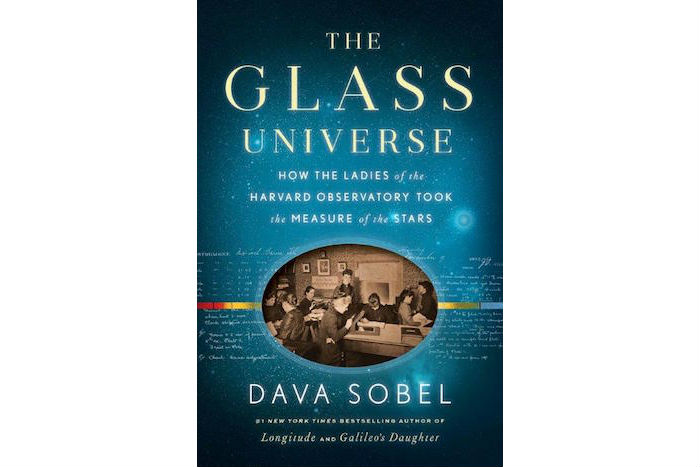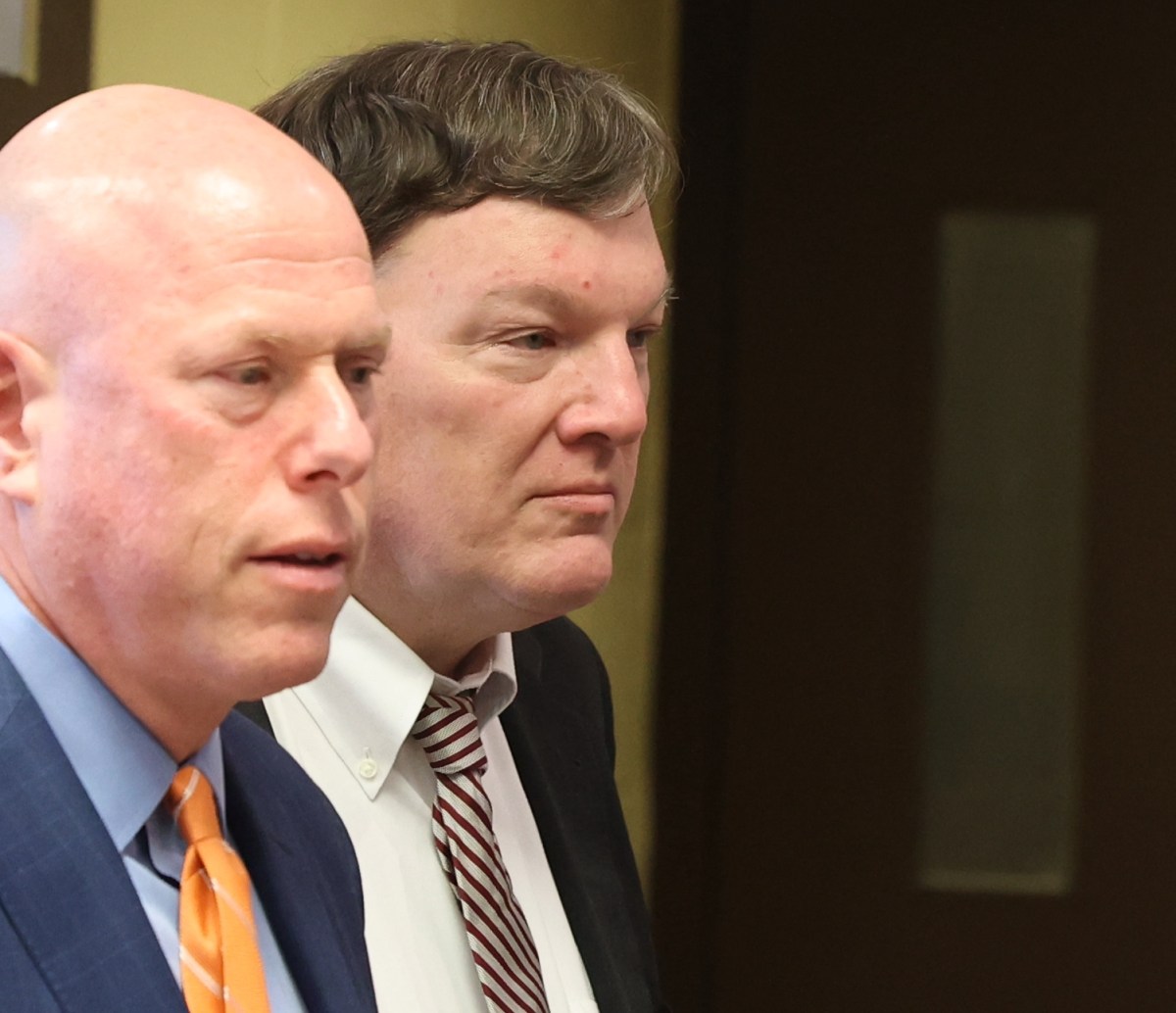Book Review: Dava Sobel's 'The Glass Universe' Shines

During a time in history when women lacked the right to vote, the Harvard College Observatory went against all preconceived notions of women’s abilities and hired them to analyze and interpret observations, made by men, of the stars. The contributions of these women changed the field of astronomy, and the perceptions of women in the field of science as a whole. The women of the Harvard College Observatory were unsure of their place in society, but through Dava Sobel’s The Glass Universe, we begin to understand how they helped us understand our own place in the vast universe.
The book begins with Anna Palmer Draper, a recent widow of Dr. Henry Draper who helped found stellar photography. Draper is a strong character, who takes into her own hands the task of finishing her late husband’s work. Anna reaches out to Edward Pickering, the director of the Harvard College Observatory and a surprising male character of this time period. He believes in women’s potential to discover and thrive in the field of science and makes the decision to hire women as calculators, aka “human computers.” Their partnership leads to the study of the stars through the new medium of photography. This new technology allows the hired women to better analyze the makeup of the stars, as well as find a new way to categorize them—a system that is still used today. Through Sobel’s use of historical documents such as letters, financial documents and conference notes we receive what feels like an almost firsthand account, without interpretation or added commentary, of the beginning of women’s 19th century scientific discoveries.
Sobel’s strategy to recount the history of these women highlights their scientific accomplishments. She makes it clear that these accomplishments were not extraordinary simply because they were women in a time when gender rights were not a topic of conversation, but because their astronomical discoveries shaped the field that exists today. The Glass Universe is a book about science. Gender is a subtle backstory that creates intrigue and admiration for those characters illuminated by Sobel.
The amount of detail that Sobel delves into when describing the process of interpreting what was captured on glass photographic plates is, at times, almost overwhelming. The background of characters, given between accounts of their work, brings a different dimension to the book. One woman highlighted by Sobel includes a former maid of Pickering’s, Williamina Paton Fleming, whose life as a Scottish immigrant was transformed when she went on to discover the very first nova on a photographic plate. But other than a select few women, such as Annie Cannon, Antonia Maury and Anna Palmer Draper, it’s difficult to follow which woman discovered what, and what their unique story is.
Sobel’s research is exceptionally detailed, and she recounts it in a way that is elegant and exacting, but does not always provide much explanation as to the basics of the field of astronomy.
Though the discoveries and accomplishments of these women are interesting, without a foundational background of astronomy, you may find yourself lost in a night sky of unfamiliar terminology. Sobel goes headfirst off the deep end, just as the women whose history Sobel is telling did.
It has been over a century since the women of the Harvard College Observatory worked tenaciously, and unrelentingly, toward their discoveries as astronomers. Yet women are still underrepresented in the sciences, and there’s still inequality when it comes to pay and recognition. Sobel’s The Glass Universe is not only an incredibly relevant book, it is a necessary one. Through Sobel’s storytelling, these inspiring women shine star-like across the page. The history Sobel shares reveals not only of the time these women existed, but also of the time in which we currently live.
Meet Dava Sobel and have her sign your copy of The Glass Universe at the annual Dan’s Papers Literary Prize for Nonfiction Literary Festival at Guild Hall’s John Drew Theater in East Hampton on Thursday, August 31 at 4p.m. Sobel serves as this year’s keynote speaker. This event is free and open to the public. Find more details on DansLitPrize.com.



